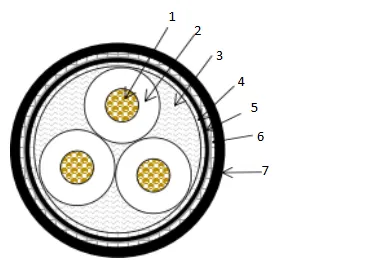Nov . 05, 2024 17:39 Back to list
actuated ball valve
Understanding Actuated Ball Valves An Essential Component in Modern Industries
Actuated ball valves are integral components in various industrial applications, serving as key elements in fluid control systems. These valves offer a combination of reliable sealing properties, rapid operation, and advanced automation capabilities, making them valuable in sectors such as oil and gas, water treatment, food and beverage, and pharmaceuticals.
What is an Actuated Ball Valve?
An actuated ball valve consists of a spherical disc (the ball) with a hole through its center, which controls the flow of fluids. The valve’s operation is enhanced by an actuator – a device that drives the opening and closing of the valve. Actuators can be powered by different energy sources, including electricity (electric actuators), air (pneumatic actuators), or hydraulic fluids (hydraulic actuators). The choice of actuator depends on the specific needs of the application, including required speed, torque, and control precision.
How Do They Work?
The mechanism of an actuated ball valve is relatively straightforward. When the actuator receives a signal – either automatic from a control system or manual input – it initiates the rotation of the ball within the valve body. Depending on the position of the ball, the valve can either be fully open, allowing fluid to flow freely, or fully closed, preventing any flow. The simplicity of this mechanism allows for quick response times, making actuated ball valves suitable for situations where rapid adjustments are necessary.
Advantages of Actuated Ball Valves
1. Efficiency The swift opening and closing action of actuated ball valves minimizes downtime and enhances process efficiency. This is particularly important in automated systems where maintaining consistent flow rates is critical.
actuated ball valve

2. Reliability Ball valves provide a tight seal, which prevents leaks and ensures the safe handling of fluids, even under high pressure or temperature conditions. This reliability is crucial in industries that handle hazardous materials.
3. Automation Compatibility Actuated ball valves can easily integrate into automated control systems, allowing for remote operation and increased monitoring capabilities. This feature is increasingly important as industries move towards smart manufacturing and the Internet of Things (IoT).
4. Versatility They can be used in a wide range of applications, from high-pressure gas lines to delicate laboratory settings. Their ability to handle corrosive materials and varying temperatures further enhances their utility across industries.
Applications in Industry
In the oil and gas industry, actuated ball valves are used extensively in pipeline systems to control the flow of crude oil and natural gas. In water treatment facilities, these valves regulate the flow of water through treatment processes. The food and beverage industry relies on actuated ball valves for sanitary processing, ensuring that products meet health and safety standards.
Conclusion
As industries increasingly rely on automation and advanced fluid control solutions, actuated ball valves are poised to remain a vital component of operational infrastructure. Their unique combination of efficiency, reliability, and versatility makes them an ideal choice for a multitude of applications across various sectors. Understanding the benefits and functionalities of actuated ball valves is essential for engineers and designers tasked with optimizing fluid systems in today’s technology-driven world. Through innovative design and integration, actuated ball valves will continue to play a significant role in enabling safe and efficient operational processes.
Share